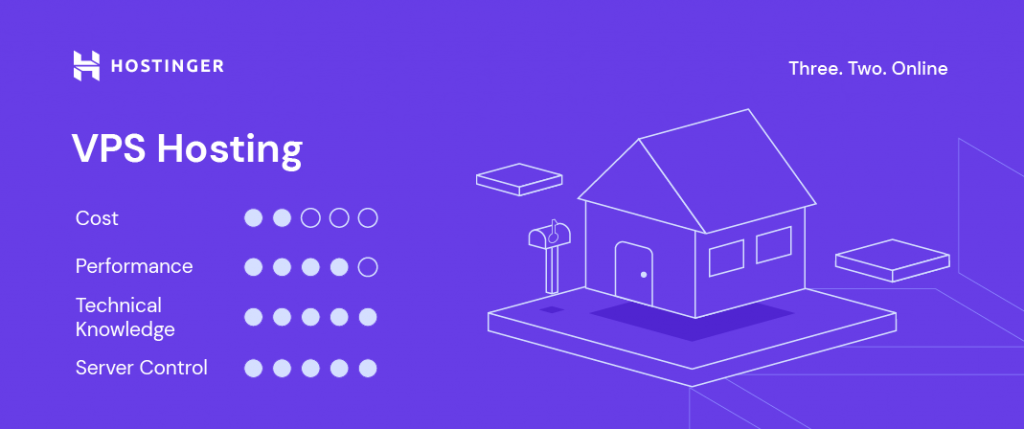The Coriolis Meter Applications are diversifying across industries that require exact mass-flow data to optimize production and ensure process safety. From fuel transfer to ingredient dosing, these meters are vital in maintaining operational excellence and environmental compliance.
Market Overview
Coriolis meters serve in multiple industries, offering unmatched precision for both liquids and gases. They eliminate uncertainty caused by temperature and pressure variations, ensuring consistency in high-value production environments.
Key Industrial Applications
-
Oil & Gas: Used for custody transfer, refining, and pipeline measurement.
-
Food & Beverage: Guarantees accurate blending and hygienic flow control.
-
Pharmaceuticals: Ensures precision in fluid dosing and mixing processes.
-
Water Treatment: Supports precise chemical dosing and monitoring.
Technological Advancements
Modern Coriolis meters feature digital transmitters, wireless communication, and self-diagnostic capabilities. These innovations enable predictive maintenance and seamless integration into automation networks.
Future Outlook
As more sectors embrace sustainability and Industry 4.0, Coriolis meter applications will continue expanding into renewable energy, hydrogen production, and advanced material processing.
Frequently Asked Questions (FAQ)
Q1. What are the main applications of Coriolis meters?
A1. They are used in oil refining, food processing, chemical blending, and water management.
Q2. How do they improve industrial operations?
A2. By providing accurate, real-time mass-flow data that reduces waste and increases efficiency.
Q3. Are Coriolis meters suitable for sanitary environments?
A3. Yes, many are designed with hygienic standards for food and pharmaceutical applications.
More Related Reports:





